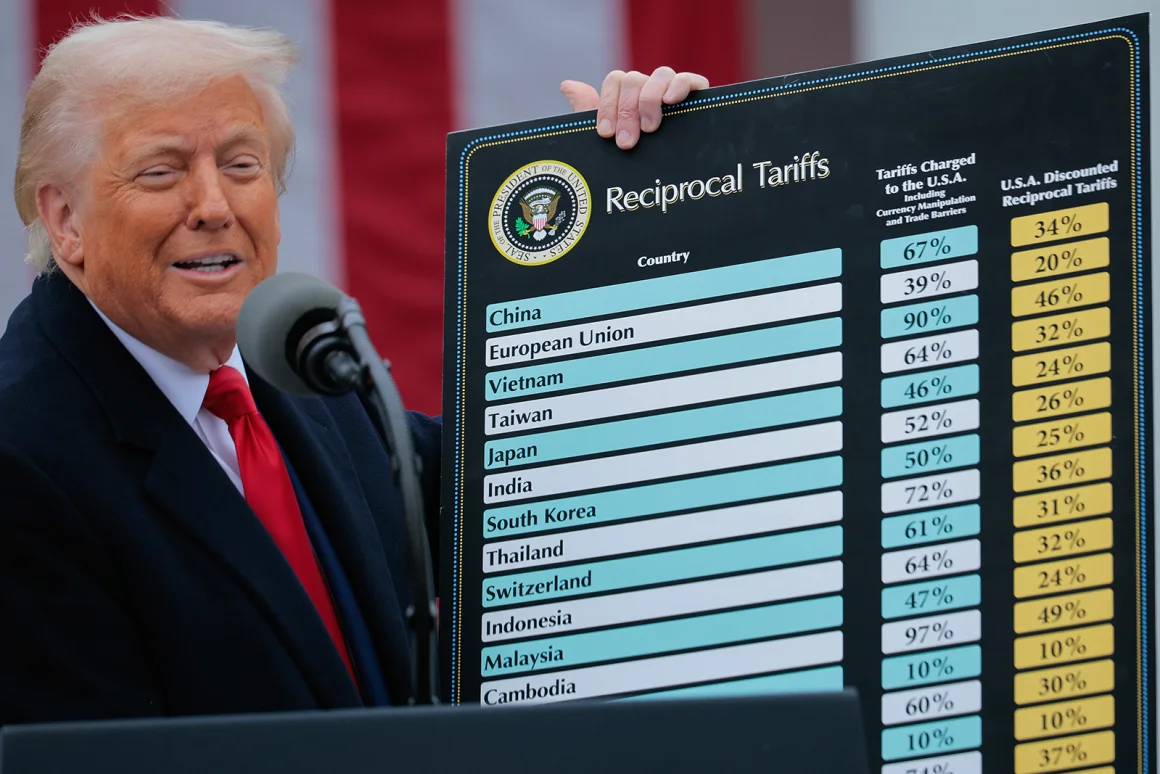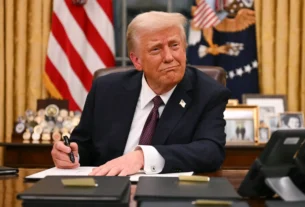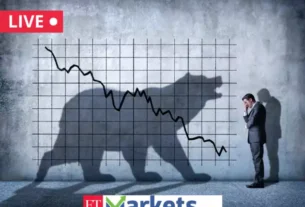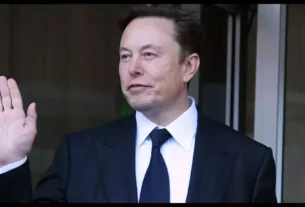While many nations are scrambling to strike tariff deals with Trump, China is standing up to him, hoping to turn “crisis into opportunity.”
Within 48 hours of Trump’s market-hammering announcement of tariffs on countries across the world, the world’s second-largest economy swiftly retaliated with its own punitive measures on US goods and firms
Then, on Monday, when the US president said he would increase tariffs again, Beijing said it would stick to its guns. In a statement, China’s Commerce Ministry said,
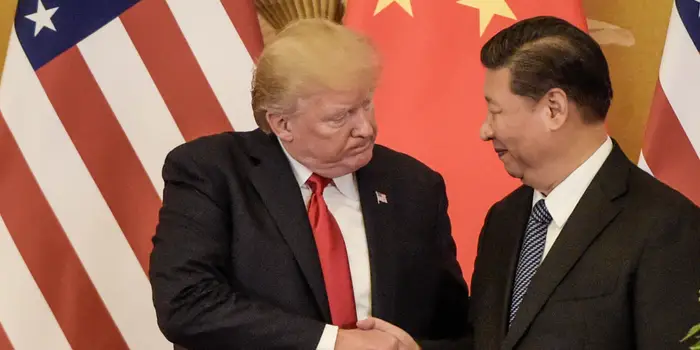
The US threat to escalate tariffs on China is a mistake on top of a mistake.” According to the statement, the threat “once again exposes the blackmailing nature of the US.” It will never be accepted by China.
China will fight to the end if the US insists on going its own way. The Chinese government has decided to position itself as an oppositional force standing up to what it calls “unilateral bullying” from the United States.
Beijing’s defiance is part of what appears to be a carefully calibrated confidence. Over the weekend, Beijing telegraphed a clear message for its domestic audience and foreign countries: China is well prepared to weather a trade war – and come out stronger on the other side.
“US tariffs will have an impact (on China), but ‘the sky won’t fall,’” a commentary in People’s Daily, the mouthpiece of the ruling Chinese Communist Party, stated on Sunday.
The commentary, which was also on the front page of the paper’s Monday edition, read, “Since the US initiated the (first) trade war in 2017 – no matter how the US fights or presses – we have continued to develop and progress, demonstrating resilience – ‘the more pressure we get, the stronger we become.'” With the “strong leadership” of China’s Communist Party and the country’s “institutional advantages,” China was “sure to turn crisis into opportunity and move steadily into the future,” the commentary said.

When the current tariffs take effect, duties on all Chinese imports to the United States will be well over 54 percent. On Wednesday,
Trump announced an additional tariff of 34 percent on all Chinese goods imported into the United States. Beijing hit back Friday with its own baseline 34% tariffs on all American imports, as well as other measures, including export controls on rare earth minerals and trade restrictions on specific US companies.
On Monday, the US president threatened to significantly ratchet up the trade war between the world’s two largest economies by slapping an additional 50% tariffs on Chinese imports midweek if Beijing doesn’t remove its retaliatory tariffs by Tuesday.
China’s “requested meetings” with the United States,

according to the American president, will also be canceled. US President Donald Trump announces global tariffs in the White House Rose Garden on April 2.
On April 2, US President Donald Trump makes an announcement of global tariffs in the Rose Garden of the White House. Getty Images/Chip Somodevilla The rhetoric that Beijing used in response hints at what may have been a strategic decision made by Chinese leader Xi Jinping and his aides in Beijing:
Trump is not just using the tariffs as a way to negotiate, and that the massive disruption to global trade could hurt the US more than China.
On April 7, 2025, the Nikkei average stock price is clearly displayed in Chuo Ward, Tokyo.
Related piece.
Asian markets plunge as Trump’s global tariff turmoil deepens
Ryan Hass, a senior fellow at the Washington-based Brookings Institution think tank, wrote on the social media platform X on Sunday, following meetings with government officials, scholars, and business leaders during a visit to China, “Many (People’s Republic of China) counterparts have argued (the) US is making a mistake that will undermine its own global standing.”
“There’s debate about whether the world is entering a period of blocs or a transition to an era of globalization minus the US. According to him, “China’s leaders will not countenance being seen as passive in response to the US,” and “Beijing seems to prefer the latter scenario.”

